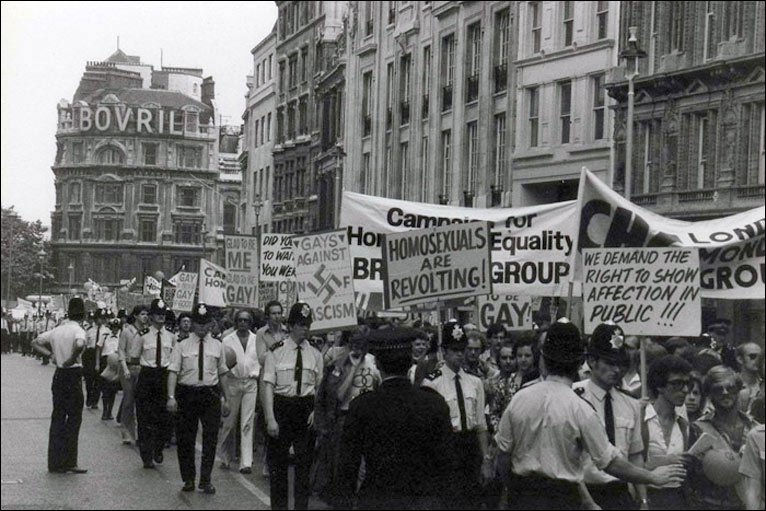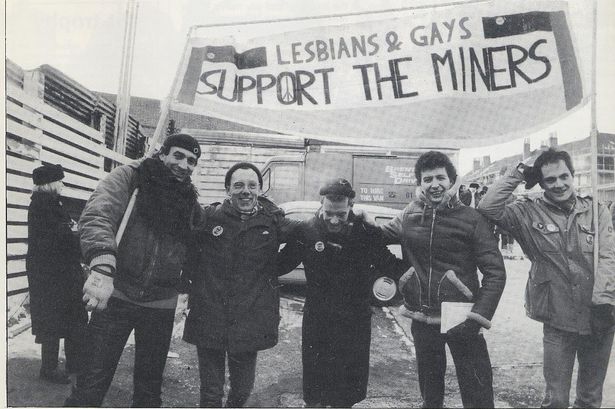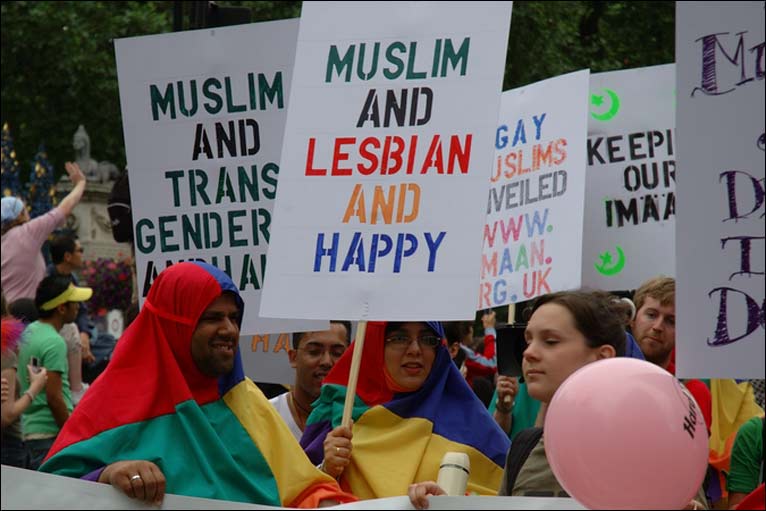Diversity Defines Us

Pride 2019
The end of May sees the start of Pride Season in the UK, starting off in Birmingham. This year, Purple Frog will be taking part in the Pride marches in Birmingham, Bristol and Nottingham to celebrate and support the LGTBQ+ movement and diversity across our communities.
Diversity really does define us all. It’s our sex, sexuality, ethnicity, religion, nationality, and hundreds of other characteristics that makes us the individuals we are. And it’s we varied, multifaceted and diverse individuals who form the varied, multifaceted and diverse communities we all live in.
From the 40 or so team members who work at Purple Frog, to the tenants and landlords we serve and the cities where we are part of the community, there is a huge amount of diversity to be celebrated.
Why Pride is important
The first official UK Gay Pride Rally was held in London in July 1972. It was organised in response to the Stonewall riots in New York in 1969, which are widely considered to be the crucial events that sparked the gay liberation movement. (https://en.wikipedia.org/wiki/Stonewall_riots)

Two thousand people joined the UK first gay march.
Image Source: news.bbc.co.uk/2/hi/uk_news/england/london/8129324.stm
Gay rights in the UK
The LGBTQ+ community has been persecuted around the world throughout history and still are in many countries across the world.
The UK is one of the most ‘Gay Friendly’ countries in the world, ranked 4th in a travel index. That said, the majority of the laws relating to equality for sexuality have only been enacted in the last fifty or so years.
Prior to 1967 male homosexual acts were illegal and punishable by imprisonment. Since then, there have been significant strides forwards in laws that stop discrimination against people, based on their sexuality, and recognise the colourful, diverse place the UK actually is.
It still surprises me just how recently a lot of this happened and I think it’s worth knowing this. Here’s a brief outline of the sexuality equality legislation which has been passed in the UK in recent years.
1967 Partial decriminalisation of homosexual acts. The act could only be between two people, in private, consensual, and both parties must have attained the age of 21. The age of consent for heterosexual acts was 16. This applied to England and Wales only.
The privacy element of the law was interpreted strictly by the courts. It excluded acts taking place in a room in a hotel, or in a private home where a third person was present – even if they were in another room.
These restrictions were overturned by the European Court of Human Rights in 2000.
1981 The 1967 Act was extended to Scotland and Northern Ireland.
2001 The age of consent for homosexual acts was dropped to 16, the same as for heterosexual acts.
2005 The Civil Partnership Act gave same sex partners the option of creating a civil partnership which gave most, but not all, of the rights and responsibilities of civil marriage. The partnerships could not include any religious readings, music or symbols.
2014 Same sex marriage was allowed in England, Wales and Scotland. Services can take place in religious venues, providing the religious or belief body has opted in. However, no religious or belief body is compelled to perform same-sex marriages and the Church of England and the Church in Wales are explicitly banned from doing so.
Same-sex marriage is still illegal in Northern Ireland.
2017 The ‘Alan Turin law’ officially gave posthumous pardons to the thousands of homosexual men from England and Wales who has been convicted under old laws.
There is still some way to go for full equality to be realised, even in the UK. That only happens through the tireless work of LGBTQ+ campaigners.
Alliances
Throughout its history, the Pride movement has sought to support other groups who were repressed or ill-treated.
Famously, Pride supported the miners strikes in the 1980s. In return miners began to endorse and participate in gay pride events through the UK, including London’s Lesbian and Gay Pride parade in 1985.

Gay and lesbians from London support the miner’s strikes!
Image Source: www.walesonline.co.uk/news/wales-news/miners-strike-gay-community-stood-6857823
Celebrate but remember
Many western developed nations have made similar strides forward in equality legislation. However there are a frightening number of countries where gay men and women are repressed, imprisoned, or murdered because of their sexuality.
Rankings of countries by gay rights: https://en.wikipedia.org/wiki/Gay-friendly#World
Even in Birmingham there are currently parents protesting outside of schools, demanding that their children are not taught about same sex relationships. So whilst we celebrate diversity and show our Pride in the marches around the UK, we need to remember why these events are needed and to keep fighting for equality whether that’s sex, sexuality, ethnicity, religion or disability; at home or abroad.

Celebration day for Muslims in the Lesbian and Transgender community.
Image Source: news.bbc.co.uk/2/hi/uk_news/england/london/8129324.stm
If you’re coming along to any of the Pride events we look forward to seeing you there! And don’t forget: follow #diversitydefinesus to see our pride adventure.
Find Out More:
https://www.birminghampride.com/
http://www.nottinghamshirepride.co.uk/
https://en.wikipedia.org/wiki/LGBT_rights_in_the_United_Kingdom
